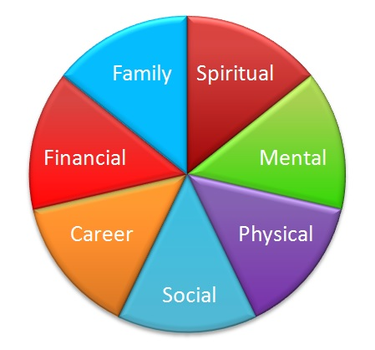Resources
Understanding Gaslighting
What is Gaslighting? Manipulating someone psychologically into questioning that person’s sanity or reality for power and control.
Why do Emotional Abusers and Narcissists Gaslight? Being right allows them to validate themselves. When gaslighters feel threatened, they need you to believe and support their version of events in order to maintain their sense of power and control.
Example of Gaslighting: You tell the narcissist/emotional abuser you caught them doing something they were intentionally hiding from you. You have the proof and/ or you have seen it with your own eyes. The narcissist tells you, you are wrong, you didn’t really see it and to add insult to the injury, they tell you “It’s all in your head” or “You’re crazy”.
10 Warning Signs Someone is Gaslighting You:
1. They tell you blatant lies
2. Their actions don’t match their words
3. They deny even when you know something is true
4. They use what is near and dear to you as ammunition to hurt you or confuse you
5. They wear you down over time and agree to things you know are not right
6. They project their bad behavior onto you and shift blame to you instead
7. They try to align people against you to weaken your stance (The Smear Campaign)
8. They use mind games and manipulations to confuse your reality or perception
9. They make relationships about what they can get – you feel used or drained
10. They express doubts to others about your feelings, behavior, and state of mind
How can you stop a narcissist from gaslighting you? You can’t. This is one of their main tools of manipulation and crazy-making. If you must stay around a narcissist (family or work) or are co-parenting- keep receipts, voicemails, text messages etc. Keep everything on record.



